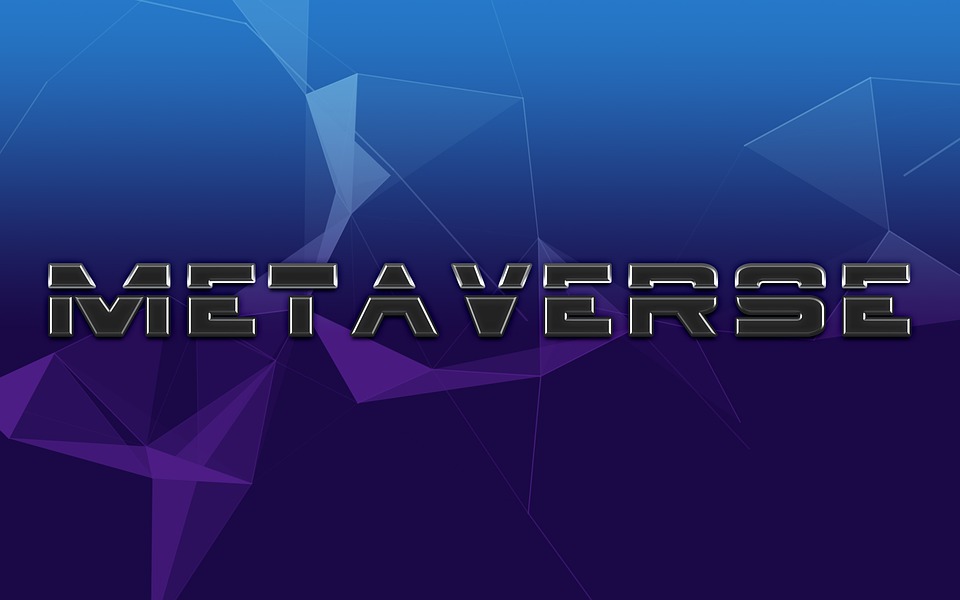Education
Literature Search Mastery: Unveiling Research Treasures
by Author
-
Friday, December 8, 2023
25 Views
Introduction
Embarking on a journey through the vast realm of academia, one often encounters the essential beacon guiding scholarly pursuits – the Literature Search. This indispensable skill serves as the compass, steering researchers through the intricate labyrinth of existing knowledge, leading to the discovery of hidden treasures in the form of valuable insights, groundbreaking studies, and perhaps, a novel perspective. In this article, we delve into the art and science of mastering the Literature Search, unraveling its nuances, and equipping you with the tools to navigate the scholarly seas.
The Essence of Literature Search
Literature Search Defined
Before diving into the depths of mastering the Literature Search, let’s grasp its essence. A Literature Search is the systematic exploration and retrieval of relevant information from existing scholarly works, such as books, articles, and journals. It’s the compass that guides researchers to navigate the vast ocean of knowledge, ensuring they don’t miss the islands of crucial insights.
Navigating the Scholarly Seas
The Strategic Approach
Mastering the Literature Search is akin to navigating treacherous waters. A strategic approach is paramount. Start by defining your research question clearly. This anchors your search, preventing you from sailing aimlessly. Picture your search as a treasure hunt, with each query aimed at unveiling a hidden gem.
Crafting Effective Queries
The Power of Keywords
Keywords are the map legends in your scholarly treasure hunt. Sprinkle them judiciously to unlock the doors to knowledge. Think of them as magical incantations that open portals to the relevant literature. For instance, in our quest to understand the impact of climate change on biodiversity, keywords like “climate change effects on biodiversity” become our magical spells.
Boolean Magic
Ahoy, researchers! Embrace the Boolean magic – the wizards AND, OR, NOT. Combine them with your keywords to refine your search and filter out irrelevant flotsam. AND binds, OR broadens, and NOT excludes. Harness this magic wisely.
Literature Search in Action
Searching Platforms: The Scholar’s Toolkit
Equipped with your refined queries, it’s time to set sail on scholarly vessels like PubMed, Google Scholar, or academic databases specific to your field. These platforms are the treasure islands where the jewels of knowledge lie waiting to be uncovered.
Google Scholar: The Explorer’s Haven
Mastering the Beast
Google Scholar, the untamed wilderness of scholarly exploration, demands finesse. Use quotation marks to search exact phrases, and the wildcard (*) for variations. Unleash your inner explorer, for within its depths, lies a trove of academic riches.
Conclusion:
In the vast expanse of scholarly seas, mastering the art of Literature Search is akin to becoming a skilled navigator. Armed with effective queries, an understanding of search platforms, and a strategic approach, researchers can navigate the oceans of knowledge with finesse. Remember, the true treasures of academia often lie hidden, waiting to be unearthed by those who embark on the journey with a well-honed compass – the Literature Search. So, hoist your sails, set your course, and embark on the scholarly adventure that awaits. May your searches be fruitful, and may you uncover the gems that contribute to the ever-evolving tapestry of human knowledge.
FAQs:
1. What is the significance of a Literature Search?
A Literature Search is the backbone of research, providing a foundation for understanding existing knowledge, identifying gaps, and building upon established findings. It ensures that your work contributes meaningfully to the scholarly conversation.
2. How do I choose the right keywords for my search?
Selecting keywords is an art. Begin with brainstorming words directly related to your topic. Explore synonyms and related terms. Be flexible and open to refining your keywords as you navigate through your search journey.
3. Can I solely rely on Google for my Literature Search?
While Google is a powerful tool, it’s crucial to explore specialized databases in your field. Google Scholar is a fantastic resource, but it’s not the only island in the sea of knowledge. Cast your net wider for a comprehensive search.
4. How can I stay updated with the latest literature?
Subscribe to alerts, set up RSS feeds, and follow key journals and researchers in your field. Technology is your ally; use it to ensure you’re always at the forefront of the latest scholarly developments.
5. Is there a universal formula for a successful Literature Search?
While there’s no one-size-fits-all formula, a well-defined research question, strategic use of keywords, and exploration of diverse sources are universal elements of a successful Literature Search. Tailor your approach to the unique nuances of your research.
6. How do I manage the overwhelming amount of literature?
Use reference management tools like EndNote or Zotero to organize and cite your sources efficiently. Develop a systematic approach, categorizing literature based on relevance and significance to streamline your research process.






